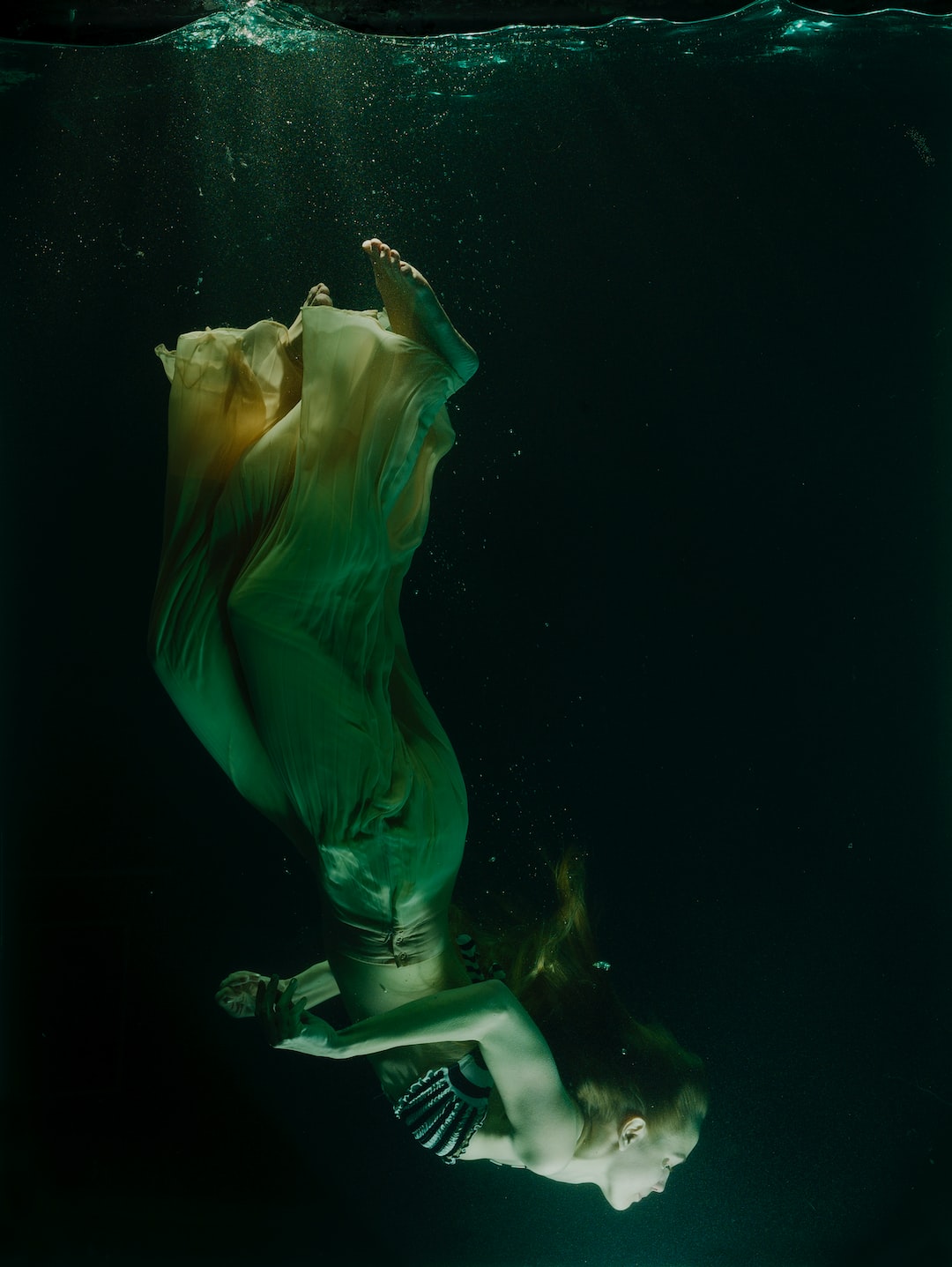Drawing is an art form that has been around since the beginning of time, and it is one that we all have some experience with. Whether it’s scribbling in a notebook or doodling during a phone call, we all have our own unique style of drawing. However, for those looking to take their artwork to the next level, learning the proper techniques and practicing regularly is essential. This comprehensive guide to drawing will provide everything you need to know to create stunning masterpieces.
The first step in any drawing is to start with a sketch. A sketch is a rough outline of the subject, and it serves as a foundation for the final artwork. To create a sketch, begin by observing the subject and breaking it down into basic shapes. Draw these shapes lightly, using your pencil or pen to guide your hand. Keep the lines loose and easy to erase, as you will be refining the sketch several times before finalizing.
Once the sketch is complete, begin shading to add depth and dimension to your drawing. Start with the darkest areas of the subject and use a shading technique to create shadows and highlights. Be mindful of the direction of light source, as this will affect where the shadows fall. Keep refining the shading until you achieve the desired level of detail and contrast.
The next step is to begin refining the details of the drawing. This involves adding fine lines and shapes to create texture and accuracy. Pay attention to the details, such as wrinkles in clothing or the intricate patterns on a pet’s fur. Take your time and be patient with this step, as it can be time-consuming but ultimately rewarding.
To add more depth to your drawing, consider using a variety of pencil grades. A softer pencil will create darker lines, while a harder pencil will create lighter, more subtle shading. Experiment with different grades to achieve the desired effect.
When you are satisfied with the details, it’s time to add the finishing touches. This could include adding additional shading or refining areas that need more work. Be mindful of the overall composition and balance of the drawing, as this will affect the final outcome.
Practice is key to improving your drawing skills, so don’t be afraid to start with simple subjects and work your way up. Drawing daily will help you hone your techniques and refine your style. Experiment with different styles and mediums, such as charcoal or ink, to find what works best for you.
In conclusion, drawing is an art form that can be mastered with practice and dedication. Starting with a sketch and building upon it with shading, detail, and texture will result in a stunning masterpiece. Remember to take your time, observe your subject, and be patient with each step. With these techniques and practice, you will soon be creating stunning works of art.

